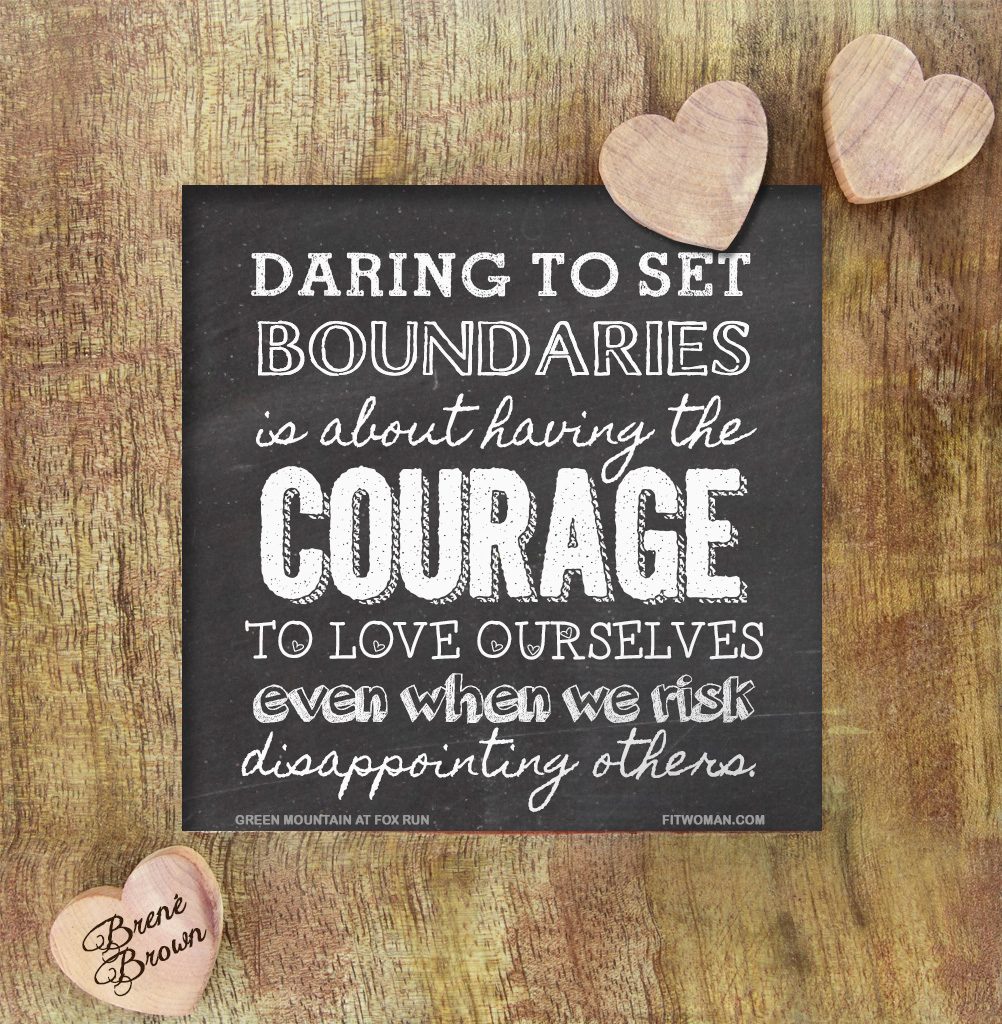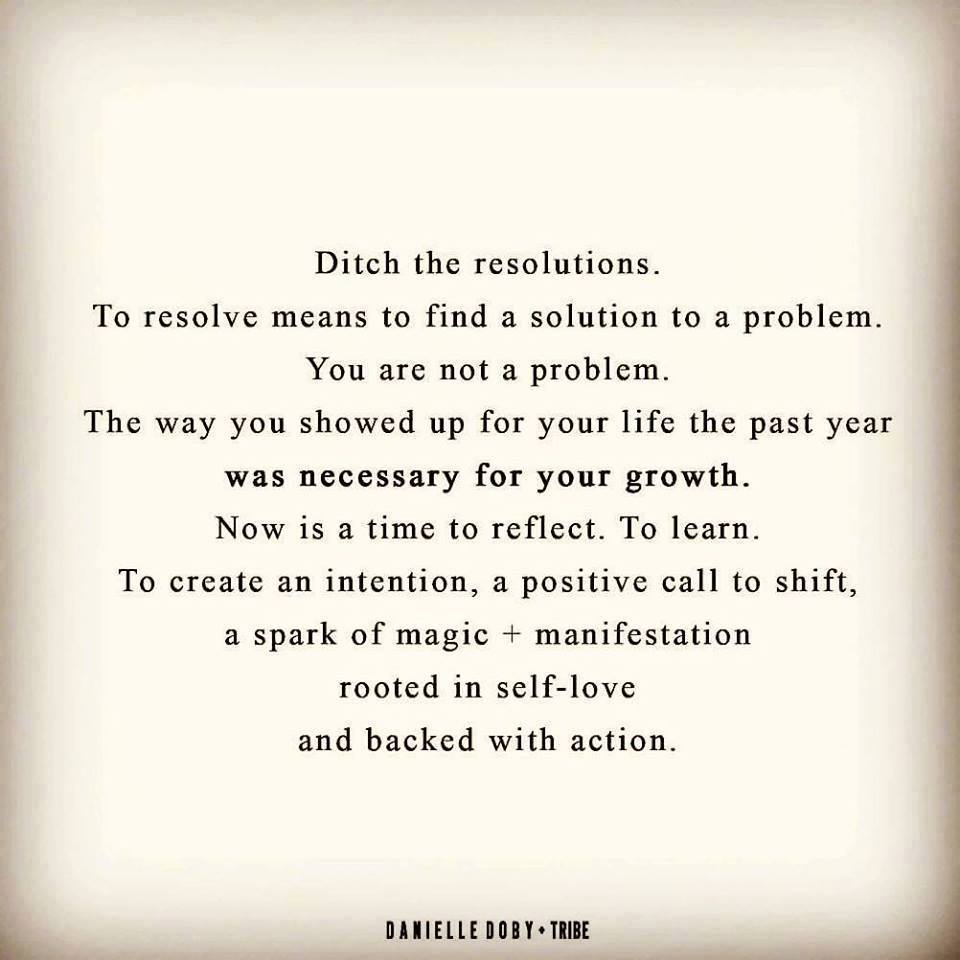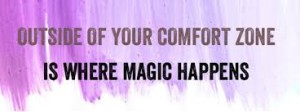Setting Compassionate Boundaries
 Setting compassionate boundaries is something we often help clients do in counselling sessions. It is something that can sometimes seem uncomfortable and difficult. In truth it is unfamiliar to many. There is almost a mindset that if you love someone that it just isn’t right to say no.
Setting compassionate boundaries is something we often help clients do in counselling sessions. It is something that can sometimes seem uncomfortable and difficult. In truth it is unfamiliar to many. There is almost a mindset that if you love someone that it just isn’t right to say no.
Boundaries are really about loving yourself and the people in your life. Brene Brown talks about boundaries as “what’s okay and what’s not okay” in her short clip Boundaries, Empathy and Compassion. She describes creating boundaries and becoming a more loving person. If we are exhausted and harboring feelings of resentment, it is likely that we haven’t been setting boundaries.
In the Truth About Setting Boundaries and Compassion it is pointed out that “Defining Boundaries isn’t selfish, but necessary, in order to grow beyond ourselves.” So set them and keep them in a step towards healthy growth.
Set Limits
If you are tired but have been invited to do something, stop and think. Do I want to go? Am I doing it out of obligation? Will it bring me joy? Can I reschedule it to a time where I have more energy? Can I just go for a short time? Will it zap me of the little energy that I have left?
Use these questions, or any you have thought of yourself, to guide you in the decision making process. We have all done something when we were feeling rundown and maybe even a bit irritable and generally the outcome is not positive. If you enjoy spending time with someone but don’t feel up to a big group get together, say no. No doesn’t have to mean you won’t do something with them, it means you love and respect yourself enough to be honest. Ask them to do something just one on one. Tell them that you enjoy their company and just want to hang out with them.
Don’t Waiver
Don’t let others make you feel bullied into saying yes. Stand your ground and be true to yourself and others. If you really don’t want to go to that concert or spend hours listening to a friend talk about their negative relationship patterns, then don’t. You are helping them and are being kind to them by drawing a line.
Be Kind
Be honest to yourself about why you are setting the boundary, but also be kind. Kindness is highly underrated but is something that brings us joy.
If you see someone struggling but you know your emotional resources are low and you haven’t got a lot to give, that is okay. Just be kind, a small gesture means so much. Send a text, buy them a latte, drop them a casserole and just let them know you are thinking about them.
Above all else, extend this kindness to yourself. You need to be your own friend too. Show yourself that you care. Go for that walk, skip that dinner meeting, enjoy that long bath with a book. Do these things knowing that you are being compassionate and that is all about love and compassion.
Save



